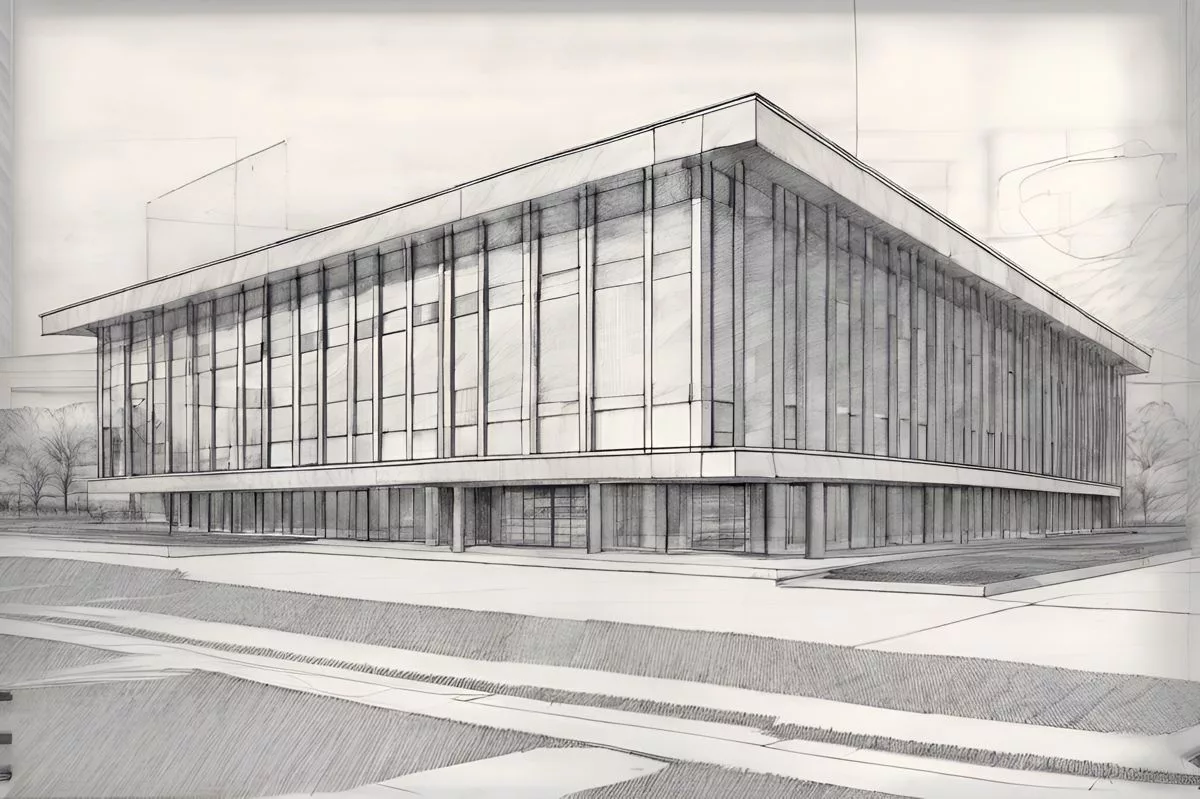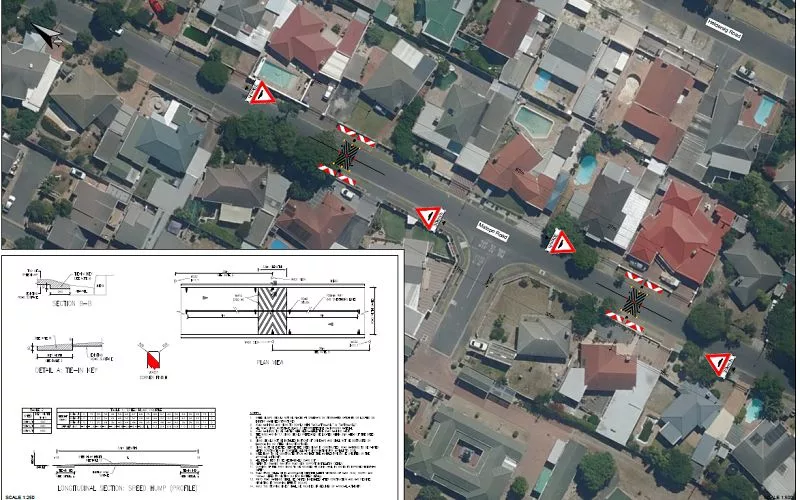The launch of the Ikhala TVET College’s engineering campus is a major milestone for South Africa’s education system. The government invested R221m to expand the country’s educational infrastructure and provide opportunities for socio-economically disadvantaged youth. The campus will also offer workplace training through partnerships with local businesses and municipalities. The inauguration marks a new chapter in education and a bright future for young individuals in the Joe Gqabi district.
The Launch of Ikhala TVET College Engineering Campus: A Milestone for South African Education
The launch of the Ikhala TVET College’s engineering campus marks a significant achievement in South Africa’s commitment to expanding its educational infrastructure. With a substantial investment of R221m from the government and support from Sector Education and Training Authorities, the campus serves as a beacon of hope for socio-economically disadvantaged youth. The inauguration also highlights partnerships with local businesses and municipalities to integrate real-world workplace training for TVET college students and graduates.
The Launch: A Historical Achievement
The atmosphere was teeming with excitement as the distinguished Minister of Higher Education, Science, and Innovation, Prof. Blade Nzimande, ascended to the podium to address the assembled spectators. This grand event was a notable landmark in the history of South Africa’s scholastic terrain. The reason for the gathering was the official launch of the Ikhala TVET College’s engineering campus, a crucial move in broadening the country’s post-school education sector.
Ever since the establishment of a democratic government, there has been an unwavering commitment to expand the nation’s educational infrastructure. Their endeavors are manifested in the substantial investments made towards setting up new [Technical and Vocational Education and Training (TVET) colleges](https://capetown.today/unveiling-a-new-chapter-south-africas-hairdressing-occupational-certificate-program-takes-off/), universities, and enhancing the potential of already existing institutions. This commitment is evident in the massive R221m the government has invested into the infrastructure of the TVET campus. The funding process was orchestrated by the Department of Higher Education and Training (DHET), and backed by numerous Sector Education and Training Authorities (SETAs).
The attendees deeply grasped the significance of this monumental event. Amidst the celebrations, attention was drawn to the state of education in Gaza where an ongoing conflict has ravaged their educational establishments. The reference served as a stark contrast, reminding everyone of the privileges and opportunities that should not be overlooked.
The Journey: Overcoming Challenges
The path to this victorious day wasn’t devoid of hurdles. The Recapitalisation Programme, which came to a halt in 2008, left the TVET College sector without a comprehensive expansion plan. The absence of systematic capital investment in infrastructure led to a significant rise in young South Africans not in employment, education, or training (NEETs), as shown in the distressing figures from the 2011 Census.
The government, acknowledging the gravity of the NEETs issue, has been rigorously working towards widening access to post-school institutions, especially within the TVET College sector. Minister Nzimande has been a staunch advocate of TVET Colleges, consistently promoting a vision to transform negative perceptions commonly linked with these institutions. His goal is to position TVET Colleges as the primary choice for South Africa’s youth, debunking the notion that conventional universities are the only route to attaining skills or pursuing a successful career.
This vision aligns with the National Skills Development Strategy‘s emphasis on the growth of the public TVET College system. The system is viewed as a vital catalyst responsive to sectoral, regional, and national skills requirements and priorities. In line with these objectives, the government announced a total allocation of R2.5 billion from levy grants in 2012 to aid the expansion of the TVET College system.
The Impact: Infrastructure and Partnerships
The government’s financial commitments have been transformed into tangible developments. Over the past five years, extensive infrastructure development projects have been undertaken across the country’s TVET Colleges and universities. These projects have resulted in the opening of 15 new TVET campuses, primarily in [rural areas](https://capetown.today/enhancing-rural-and-communal-areas-through-integrated-human-settlements/), the construction of new faculty buildings, student residences, lecture halls, and the refurbishment of existing campuses.
The engineering campus at Ikhala TVET College stands as a beacon of hope for the socio-economically disadvantaged youth of the Joe Gqabi district. The inauguration symbolizes a joint effort to instill the importance of education among the young population, promote skills development, and foster community involvement and ownership.
One of the highlights of the inauguration was the formation of a partnership with local businesses and municipalities to integrate real-world workplace training for TVET college students and graduates. These partnerships offer practical exposure that better prepares students for their future careers.
The success of these initiatives, however, relies heavily on the dedication of the students and the surrounding community. It is crucial for the community to value, preserve, and maintain this facility, recognizing it as more than just a building, but a community asset and a symbol of their future prosperity.
The Future: A New Chapter in Education
The inauguration of the Ikhala TVET College’s engineering campus is an impressive leap forward in South Africa’s educational journey. The commitment from the government, combined with community involvement and student participation, will inevitably transform the lives of countless young individuals in the Joe Gqabi district. As the echoes of the grand inauguration wane, the commencement of a new epoch in the sphere of education reverberates, unveiling a new age of opportunities, growth, and development.
1. What is the Ikhala TVET College Engineering Campus?
The Ikhala TVET College Engineering Campus is a new facility that was launched with the purpose of expanding South Africa’s educational infrastructure and providing opportunities for socio-economically disadvantaged youth. The campus will also offer workplace training through partnerships with local businesses and municipalities.
2. What was the government’s investment in the campus?
The government invested R221m in the infrastructure of the Ikhala TVET College Engineering Campus.
3. What is the significance of the campus launch?
The launch of the Ikhala TVET College Engineering Campus is a major milestone for South Africa’s education system. It highlights the government’s commitment to expanding the nation’s educational infrastructure and providing opportunities for socio-economically disadvantaged youth.
4. What challenges did the TVET College sector face before the launch of the campus?
The Recapitalisation Programme, which came to a halt in 2008, left the TVET College sector without a comprehensive expansion plan. The absence of systematic capital investment in infrastructure led to a significant rise in young South Africans not in employment, education, or training (NEETs).
5. What is the impact of the government’s financial commitments on the TVET College system?
Over the past five years, extensive infrastructure development projects have been undertaken across the country’s TVET Colleges and universities. These projects have resulted in the opening of 15 new TVET campuses, primarily in rural areas, the construction of new faculty buildings, student residences, lecture halls, and the refurbishment of existing campuses.
6. What is the future of education in South Africa after the inauguration of the Ikhala TVET College Engineering Campus?
The inauguration of the Ikhala TVET College Engineering Campus marks a new chapter in education for South Africa. The commitment from the government, combined with community involvement and student participation, will inevitably transform the lives of countless young individuals in the Joe Gqabi district, unveiling a new age of opportunities, growth, and development.












